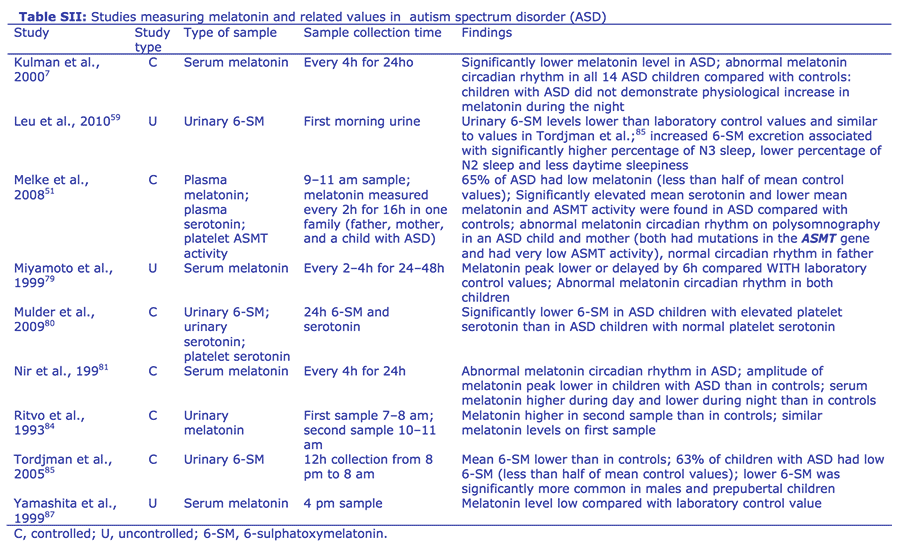Whether they are conscious of it or not, it seems that autistic people are affected by the lunar phase of the Moon’s cycle. There are both actual effects and placebo effects.*
- It is important to note that a placebo effect is equally real; it is not just an imagined effect, as it still tends to have a physiological effect.
Placebo effects
Placebo effects can be significant. Despite whether these are due to biological causes or beliefs, the placebo effect is valid,[1]A Comprehensive Review of the Placebo Effect: Recent Advances and Current Thought and thereby autistic people who believe that they will be affected by the Moon, will indeed be affected.
For example, the belief that the Moon is influencing us may be a source of anxiety for some—regardless of measurable, physical effects—which can cause sleep problems.
Real effects
There are also effects of the Moon that stem not from founded or unfounded beliefs, but from physical effects.
The lunar cycle modulates human sleep and melatonin rhythms.[2]Evidence that the Lunar Cycle Influences Human Sleep The diagram below shows that the time taken to fall asleep (called sleep onset latency) is longer during full moon.[3]Evidence that the Lunar Cycle Influences Human Sleep
Research on autistic people shows that the majority have sleep problems, with sleep latency (the time to fall asleep) being the most commonly reported.[4]Sleep, chronotype, and sleep hygiene in children with attention-deficit/hyperactivity disorder, autism spectrum disorder, and controls
Research also shows that symptoms of autistic people worsen with lack of sleep, particularly in the social domain.[5]Influence of sleep disorders on the behavior of individuals with autism spectrum disorder Thus we can say that autistic people become more autistic/symptomatic due to a lack of sleep. Read more:
Autism & sleep problems: Effects
Melatonin
The release of neurohormones may be triggered by the electromagnetic radiation and/or the gravitational pull of the Moon. Melatonin levels are affected by ambient light levels, even moonlight. Melatonin is a hormone that regulates sleep and wakefulness.
Studies show that autistic people have lower nighttime melatonin or melatonin metabolite concentrations compared to neurotypicals,[6]Melatonin in autism spectrum disorders: a systematic review and meta‐analysis and show lower activity of the ASMT gene, as well as some splicing mutations in the ASMT gene in some autistic individuals. This also results in lower melatonin levels.[7]Abnormal melatonin synthesis in autism spectrum disorders
Have a look at the table below for an overview of melatonin issues reported in autism.[8]Melatonin in autism spectrum disorders: a systematic review and meta‐analysis

In addition, melatonin production is suppressed by moonlight, and is lowest at the time of the full moon. These lower melatonin levels exacerbate autistic symptoms.
Conclusion
In conclusion, a correlation does indeed exist between the phases of the Moon and the severity of autistic symptoms, so indeed the Moon phases can have a significant effect on autistic people.
One might even say at full moon we tend to be most autistic.
Also, read our 4-part series on sleep problems and autism:
Comments
Let us know what you think!